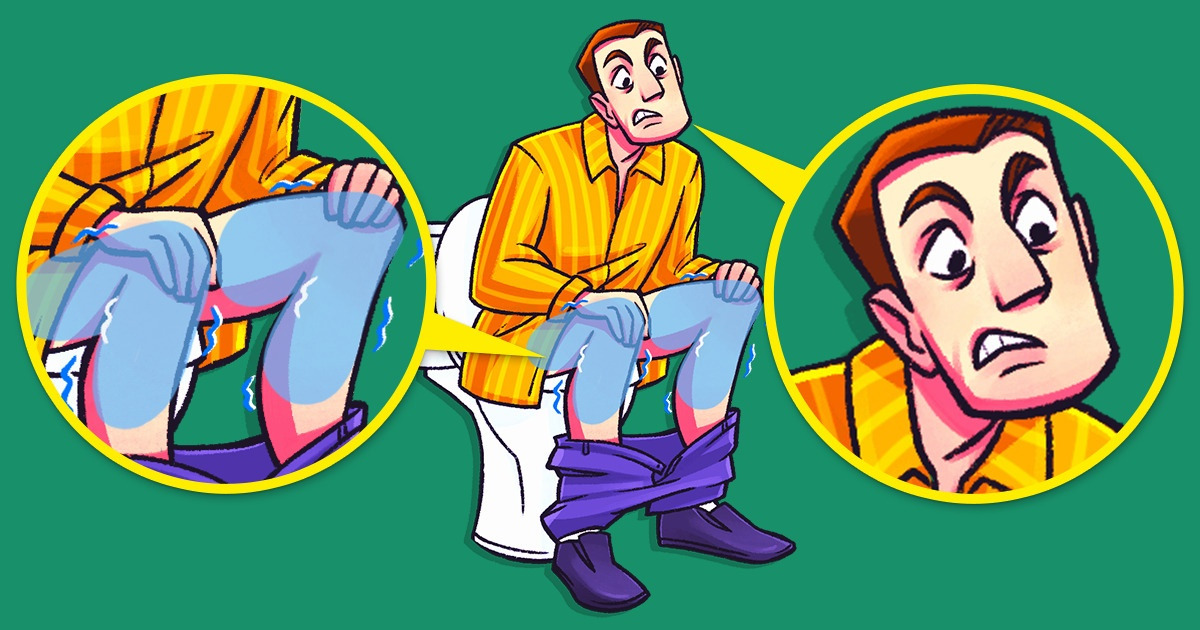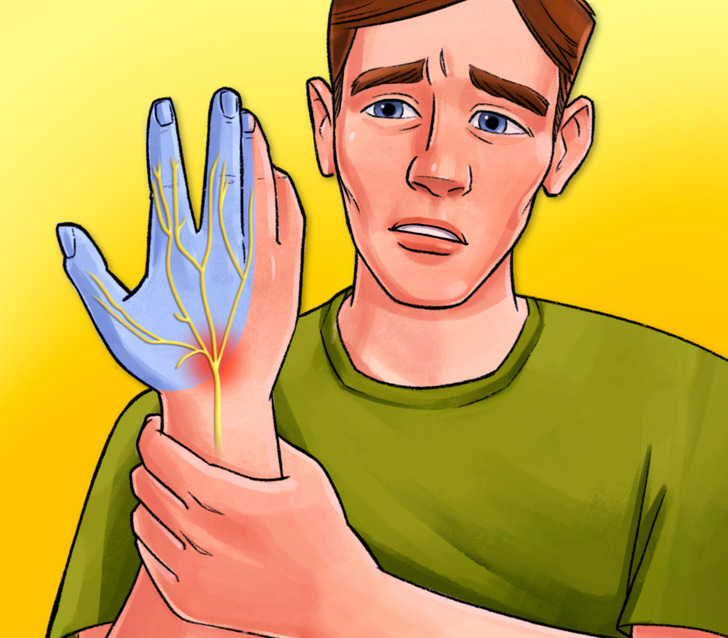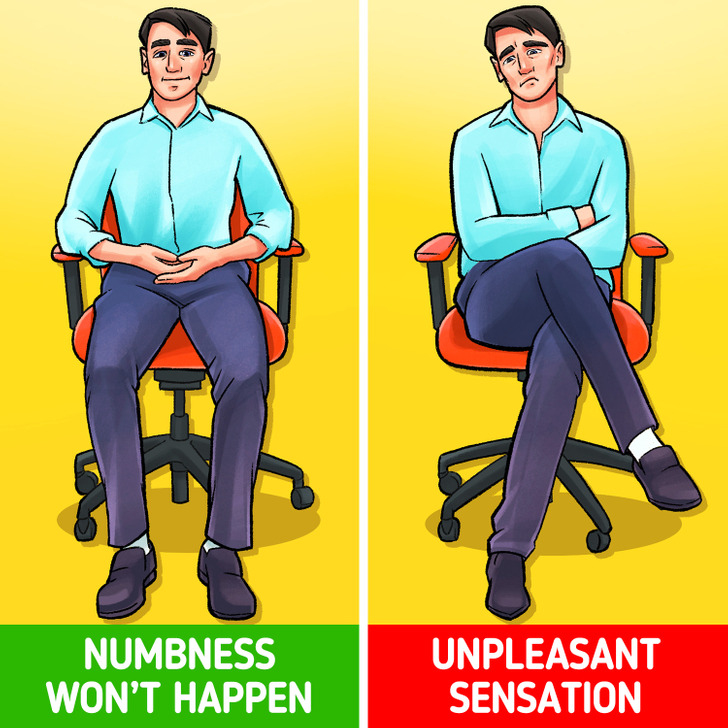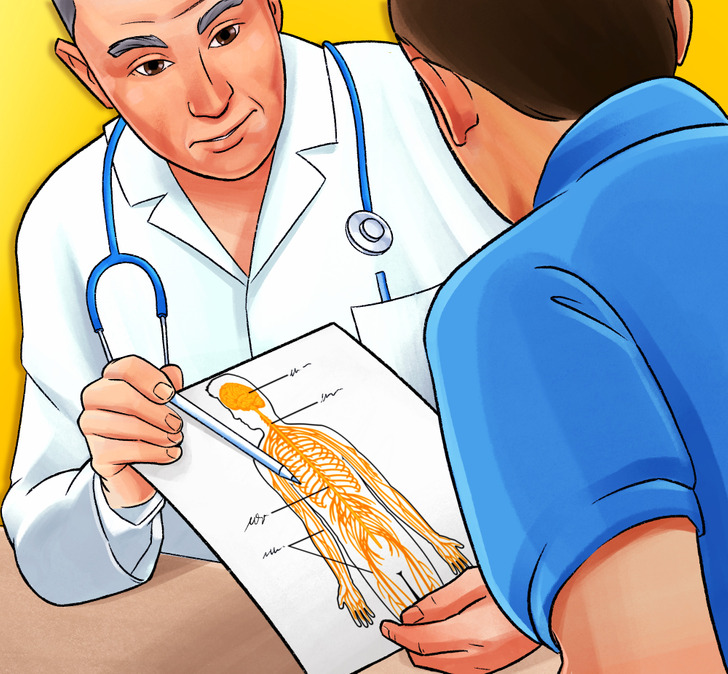
What Happens to a Body Part When It’s Numb

Most people are familiar with the sensation of numbness that sometimes appears in the legs, arms, and other body parts. This phenomenon might have very different causes and manifestations.
5-Minute Crafts explains why numbness appears and what exactly happens to the body at this moment.
❗ This article is only for informational purposes and doesn’t replace the recommendations of experts.
What numbness is

Numbness is when you lose sensitivity in a certain body part. Numbness can be full or partial and most of the time it happens in the legs and arms. This numbness is often accompanied by unpleasant tingling.
In most cases, numbness is nothing serious and is caused by pressure on the nerve or a blood vessel near it. But sometimes, the symptoms of numbness indicate a serious medical problem and they should be examined by a doctor.
Causes

Temporary numbness can appear quite unexpectedly. For example, you might have it when you are falling asleep and you put your arm under your head. In this case, numbness happens because of the pressure on the nerves. The same thing might happen when you are sitting with your legs crossed. Then the numbness won’t be that painful and will go away as soon as you relax your arms and the pressure is gone.
Numbness is often accompanied by an unpleasant tingling sensation. It’s called paresthesia and it means that the nerve is irritated and is sending you a signal about it. Paresthesia is a bit like a traffic jam. When the traffic is running smoothly, the small impulses can easily go from the spinal cord to the arms and legs and then go up to the brain. But if there’s pressure on the nerve, this process stops. At this moment, the nervous system can’t transmit an impulse, which leads to a loss of sensitivity. If the pressure doesn’t stop, the nerves send you an additional signal in the form of tingling.
Sometimes, numbness is accompanied by other symptoms, like pain, itching, and even muscle atrophy. Such symptoms may be caused by an injury, bacterial and viral infections, toxins, and systemic diseases, such as diabetes.
When you should see a doctor

There’s no need to see a doctor if you can easily identify the cause of numbness and the symptoms disappear when you remove the cause.
However, if you have numbness without an apparent reason and you can’t fix it yourself, don’t delay your visit to the doctor.
If numbness is accompanied by the following symptoms, you have to call an ambulance:
- Confusion
- An inability to control the bladder or bowel movements
- A loss of consciousness
- Difficulty breathing
- Speech or vision changes
- Rapid or sudden weakness